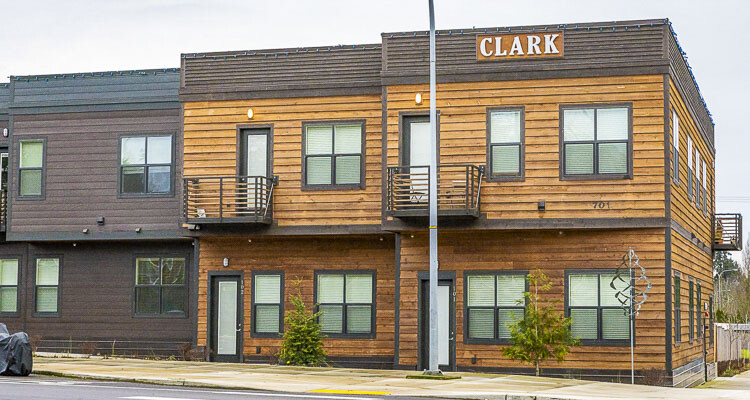
Household median incomes would need to rise to approximately $112,000
VANCOUVER – According to recent data released by the Regional Multiple Listing Service and research by the Clark County Association of REALTORS®, median household income would need to rise approximately 45 percent in order to purchase a median priced home in Clark County based on available data at the end of April 2022.
With a median sale price for single family homes of $519,900 and a county-wide median household income of $77,184 per the 2020 Census, the median income falls short of being able to afford a median-priced home in Clark County. Household median incomes would need to rise to approximately $112,000. Furthermore, prospective homebuyers would need excellent credit ratings, a significant down payment and low debt-to-income ratios.
“These startling statistics point to the critical need for more housing of all types to be built in Clark County.” notes Clark County REALTORS® Government Affairs Director Justin Wood. “We are at a severe housing deficit that if we do not do enough to combat, will cause residents to leave Clark County and businesses to struggle to hire employees as they struggle to find suitable housing. We need to build housing at every point of the property ladder to meet demand for housing.”
Recent proposals under consideration by local and county government to increase housing production are well underway. Clark County’s Housing Action Plan that was recently adopted by council will allow for code changes to increase middle housing options like duplexes, townhomes, ADUs, cottage housing, and small lot subdivisions to name a few. Expanding what product types the market can offer in low and medium density zones will be crucial in addressing the housing shortage we now face. This will encompass infill, redevelopment, and new construction.
The county also hopes to improve internal permitting processes and reduce fees related to construction. Our various cities are also following suit with Vancouver set to adopt its housing code update by summer 2022. This code update will allow for denser multi-family projects, expand cottage housing, establish a new small lot subdivision zone, and allow for shared living facilities and micro apartments which can reduce the cost of housing.
The cities of Camas and Battle Ground have also conducted housing options studies and look to institute action plan strategies within the coming years. It will also be key to work with local housing authorities including the Vancouver Housing Authority to expand housing for all income levels. The multi-family tax exemption is also an important tool the city uses to spur investment in housing and incentivize more affordable housing.
Washington State Legislators and the Washington REALTORS® state organization have worked to devise policies to increase investments in housing and ensure we are providing avenues to owner-occupied housing whenever possible. A few examples include: Senate Bill 5758 which streamlines condo conversions, and Senate Bill 5235, which passed last session and would incentivize ADU construction for long-term housing and makes ADU occupancy requirements more permissive. While it didn’t pass, House Bill 1232 would have codified affordable housing within the growth management act. State and local governments have policy in front of them.
“Steep growth in housing prices paired with the quick rise in mortgage rates has decreased homebuyer affordability.” Says Wood. “We can solve this by increasing housing with the tools and proposals that are ready to be acted on right now.”




